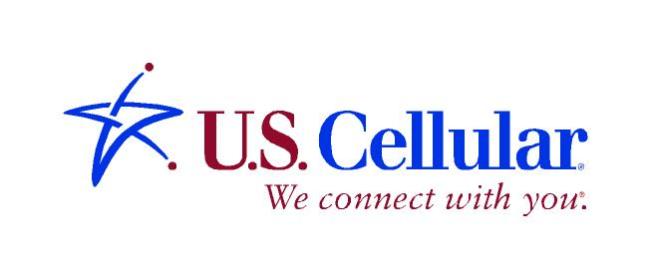
The national wireless carrier space will grow smaller by one when AT&T’s acquisition of T-Mobile moves forward, and regional carriers have been stepping up their own games. MetroPCS, the number five wireless provider in the United States, actually beat Verizon to the punch in rolling out the first domestic 4G LTE network. Now, number six contender U.S. Cellular is following suit, with plans to launch its own 4G LTE service by the end of this year.
The rollout will happen “in time for the holiday season” for more than a quarter of U.S. Cellular customers, a press release reveals. The service will kick off in “select cities,” including the carrier’s “leading markets”: Milwaukee, Madison and Racine, Wis.; Des Moines, Cedar Rapids and Davenport, Iowa; Portland and Bangor, Maine; and Greenville, N.C.. This also of course means that 4G-enabled devices are coming as well, and U.S. Cellular plans to continue expanding its rollout as 2012 progresses.
“In addition to our line-up of cutting-edge devices, customers who switch to U.S. Cellular get unique benefits like faster phone upgrades without continuously signing contracts, and join the happiest customers in wireless,” company president and CEO Mary N. Dillon said in a statement.
U.S. Cellular actually is regarded as one of the top wireless carriers out there with regards to both call quality and customer satisfaction, based on surveys conducted by Consumer Reports and J.D. Power & Associates. Late last year, the company launched “The Belief Project,” a customer rewards programs that, in addition to offering new rate plans, gives customers who generate roaming charges to pay off the overage with accumulated points.
Editors' Recommendations
- What is 5G? Speeds, coverage, comparisons, and more
- MediaTek hikes 4G chipset prices by 15% as supply chain woes continue
- T-Mobile announces expanded 5G Home Internet access across southern U.S.
- Lockheed Martin wants to build a military 5G network, have the U.S. pay for it
- Mobvoi’s connected Ticwatch Pro 4G LTE takes on Apple and Samsung in the U.K.

